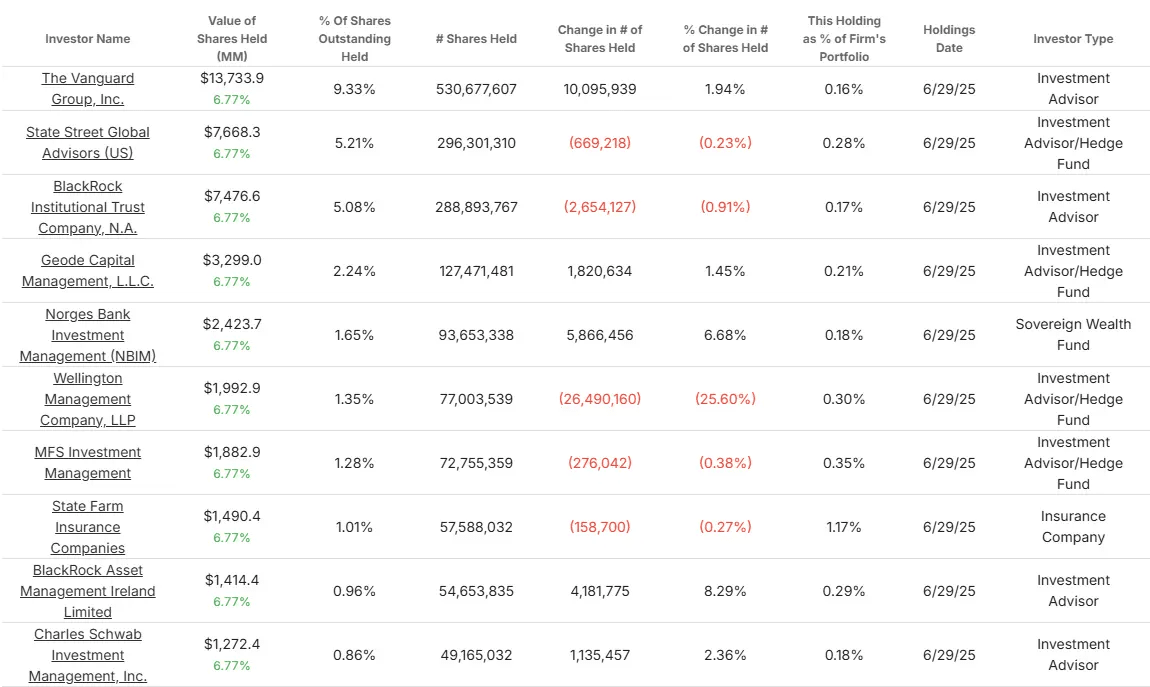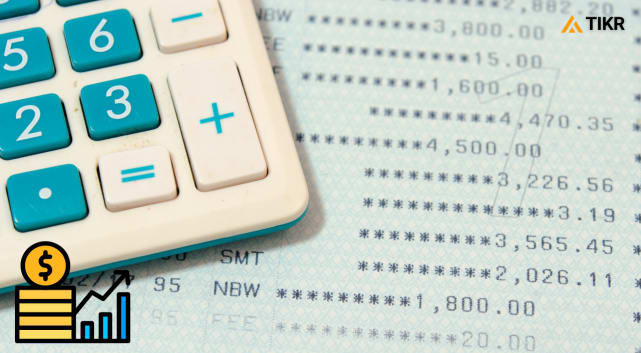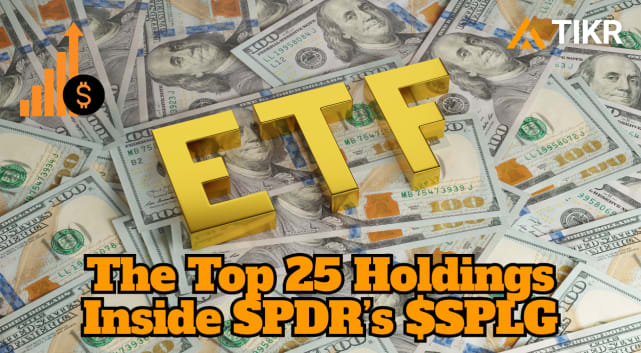Pfizer (NYSE: PFE) is a global pharmaceutical company that develops and sells medicines, vaccines, and healthcare products across a wide range of therapeutic areas. It has long been one of the world’s most recognizable names in healthcare, recently trading around $25.88 per share with a market cap near $147 billion.
Despite near-term headwinds, Pfizer remains a cornerstone of many institutional portfolios. Its scale, global reach, and a dividend yield above 6% make it a staple for income-focused funds, while selective active managers continue to adjust positions based on their outlook for the pipeline.
By examining who owns Pfizer and how insiders are trading their shares, we can see whether big investors view today’s slump as a buying opportunity or a reason to stay cautious.
Who Are Pfizer’s Top Shareholders?

Track the top shareholders of over 50,000 global stocks (It’s free) >>>
Pfizer develops and sells medicines, vaccines, and healthcare products worldwide. Its ownership is led by passive giants, which helps keep the stock firmly anchored in global indexes. Active managers, however, are sending mixed signals.
- Vanguard Group: 530.7M shares (9.3%), ~$13.7B. Added 10.1M (+1.9%).
- State Street: 296.3M (5.2%), ~$7.7B. Trimmed 669K (–0.2%).
- BlackRock: 288.9M (5.1%), ~$7.5B. Reduced 2.7M (–0.9%).
- Geode Capital: 127.5M (2.2%), ~$3.3B. Added 1.8M (+1.5%).
- Norges Bank: 93.7M (1.7%), ~$2.4B. Increased 5.9M (+6.7%).
- Wellington Management: 77.0M (1.4%), ~$2.0B. Cut 26.5M (–25.6%).
- MFS Investment: 72.8M (1.3%), ~$1.9B. Small reduction.
One highlight from last quarter is Balyasny Asset Management’s massive increase, lifting its Pfizer stake by 514%. The hedge fund now owns about 3.1 million shares worth $75 million, showing a strong conviction bet.
Another notable move came from Torray Investment Management, which boosted its holdings by nearly 389%. The firm now controls around 651,000 shares valued at $16 million, suggesting growing confidence in the stock.
Meanwhile, Citadel Advisors, led by Ken Griffin, more than doubled its position with a 111% increase. Citadel now owns about 14.9 million shares worth $360 million, making Pfizer a meaningful part of its portfolio.
Passive funds ensure steady long-term support, but Wellington’s sharp exit may signal skepticism about near-term growth. By contrast, Norges Bank’s increase shows that some institutions view today’s valuation as attractive.
For investors, it suggests sentiment is divided, with value-driven buyers stepping in while others reduce exposure.
See whether Pfizer’s top shareholders are buying or selling today >>>
What Pfizer’s Insiders Are Doing With Their Shares

Insider trading activity can provide a window into how leadership feels about the company’s near-term prospects. While not always a perfect signal, open market buying often reflects confidence, while steady selling can raise questions about conviction.
For Pfizer, recent filings mostly show share acquisitions tied to executive compensation plans, not open market purchases. The transactions were small and carried no listed purchase price, suggesting they were stock grants or awards vesting to directors and executives. This means insiders are modestly increasing their holdings, but not actively buying shares on the open market.
Here are some recent insider acquisitions:
- CEO Albert Bourla: Multiple small increases in holdings, including 80 shares in July and 25 shares in June.
- Directors Shantanu Narayen, James Quincey, Joseph Echevarria: Each added roughly 1,500–2,000 shares in June.
- Other directors: Reported holdings of around 9,000 shares each in April filings.
These appear to be routine transactions linked to compensation programs. The absence of discretionary insider buying leaves investors without a strong conviction signal, but the fact that executives are continuing to accumulate stock through awards still shows they are aligned with shareholder outcomes.
See recent insider trade data for over 50,000 global stocks (It’s free) >>>
What the Ownership & Insider Trade Data Tell Us
Understanding who owns Pfizer and how insiders handle their shares helps reveal how much conviction there is behind the stock. Large passive funds like Vanguard and BlackRock provide stability, keeping Pfizer well represented in global portfolios.
But when active managers like Wellington cut a quarter of their position, it suggests that some see limited upside in the near term. On the other hand, Norges Bank’s decision to increase its stake highlights that certain institutions still view Pfizer as undervalued at current levels.
Insiders, meanwhile, have shown little appetite to buy more stock. The small disposals by Pfizer’s CEO and directors may be routine, but the lack of meaningful insider buying suggests leadership could be cautious about near-term prospects.
For income-focused investors, Pfizer’s 6.6% dividend yield remains the main draw, supported by its scale and global presence.
For those looking for growth, the mixed institutional signals and muted insider activity suggest patience may be needed until Pfizer can prove its pipeline can deliver beyond the COVID windfall.
Wall Street Analysts Are Bullish on These 5 Undervalued Compounders With Market-Beating Potential
TIKR just released a new free report on 5 compounders that appear undervalued, have beaten the market in the past, and could continue to outperform on a 1-5 year timeline based on analysts’ estimates.
Inside, you’ll get a breakdown of 5 high-quality businesses with:
- Strong revenue growth and durable competitive advantages
- Attractive valuations based on forward earnings and expected earnings growth
- Long-term upside potential backed by analyst forecasts and TIKR’s valuation models
These are the kinds of stocks that can deliver massive long-term returns, especially if you catch them while they’re still trading at a discount.
Whether you’re a long-term investor or just looking for great businesses trading below fair value, this report will help you zero in on high-upside opportunities.
Click here to sign up for TIKR and get our full report on 5 undervalued compounders completely free.





